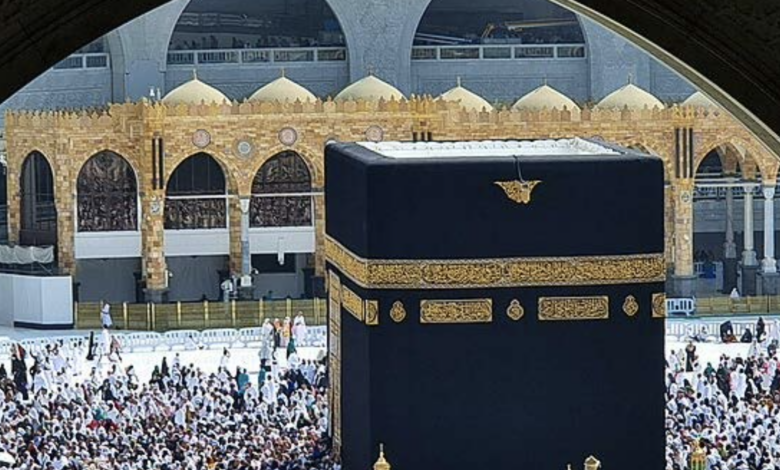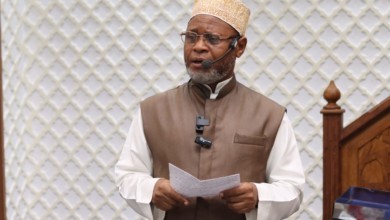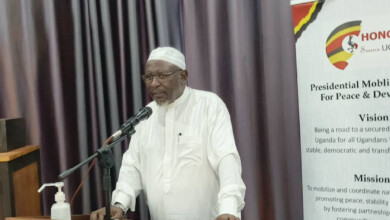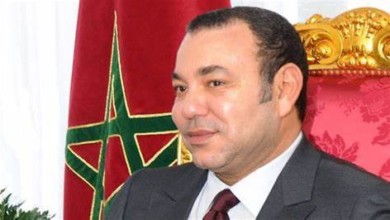Security, Hajj bureau collaborate for action against Hajj/Umrah drug cartels

By Hajji Yunus Ntale
The rising number of Ugandans arrested by Saudi Arabian authorities for alleged narcotics trafficking has prompted a collaborative effort between Ugandan security agencies and the Uganda Bureau of Hajj Affairs (UBHA) to combat this illicit activity.
Currently, at least 10 Ugandans are being held in various Saudi detention centers on drug trafficking charges, a capital offense in the Kingdom punishable by death.
Some of the suspects gained entery Saudi Arabia posing as Umrah pilgrims. In August, alarm bells sounded after two Ugandan women, Sharon and Aisha, were apprehended at Madinah airport with suspected narcotics. They had disguised themselves as Umrah pilgrims who travelled for the holy journey under Kiwuka tours and travel.
Sheikh Shakib Ssekimwanyi, a Hajj and Umrah guide with the travel agency, shared his experience online, cautioning well-intentioned players in the Hajj and Umrah services sector to be vigilant, lest they inadvertently facilitate drug traffickers’ entry into Saudi Arabia.
Ssekimwanyi, who led the group that included Sharon and Aisha, was detained for some days but was cleared and released after Saudi authorities established he had no links to the suspected drug dealers.
“We registered them the same way we registered any other pilgrims since we had no suspicions that anyone seeking to go for Umrah would indulge in such unacceptable acts,” Ssekimwanyi stated.
Sections of the Ugandan media have been reporting on the plight of 26-year-old Juma Kasumba, who has been detained in Saudi Arabia for nearly a year on drug trafficking charges.
According to reports, Kasumba was deceived by a woman who promised to sponsor his Umrah pilgrimage. She tricked him into swallowing capsules containing illicit drugs. Kasumba was arrested upon arrival at Jeddah Airport in October last year.
On October 7, 2024, Mufti Sheikh Shaban Ramadhan Mubaje addressed President Yoweri Museveni at the launch of the National Muslim Women Council, urging him to take a keen interest in the Hajj and Umrah services sector. Mubaje expressed concerns that the sector was being compromised by drug cartels.
“Regrettably, some unscrupulous individuals have marred the sanctity of the pilgrimage by smuggling non-Muslims to Makkah, there are cases of some who defraud the pilgrims while others illegally transport non-Ugandan nationals,” Mubaje told Museveni.
Museveni is understood to have directed security agencies to take up the matter.
Two weeks ago, the state minister for Employment and Industrial Relations, Esther Anyakun, travelled to Riyadh, Saudi Arabia, where she had talks with the Saudi Interior minister, Prince Abdulaziz bin Saud bin Naif bin Abdulaziz Al Saud. The prince informed Anyakun that releasing the convicts was impossible due to the gravity of the offence under Saudi Arabia’s laws.
Sirajje Kilarira, an officer at the Ugandan embassy in Saudi Arabia, cautioned Ugandans intending to travel to Saudi Arabia for pilgrimage against being tricked into carrying unknown items, which could potentially lead to severe consequences, including imprisonment.
“It is essential for pilgrims to be vigilant and aware of the risks involved. Saudi Arabia has strict laws and regulations, and ignorance can’t be used as an excuse. Pilgrims must ensure they are aware of what they are carrying and who they are associating with during their journey,” Kirarira said.
Brig. Gen. Christopher Damulira, the director of Crime Intelligence, suggested forming a committee with stakeholders to address the issue.
“We need to find out how drug dealers pass through our airports and are arrested in Saudi Arabia,” Damulira said.
Sheikh Zakaliya Kyewalyanga, the UBHA head, emphasised the need for tour and travel agents to obtain permits and register with the bureau.
“Those found with drugs in Saudi Arabia did not go through the firms registered and accredited by the bureau,” he said.
To get registered, UBHA now requires pilgrims to obtain a letter from their local Imams to issue visas, ensuring authenticity.






